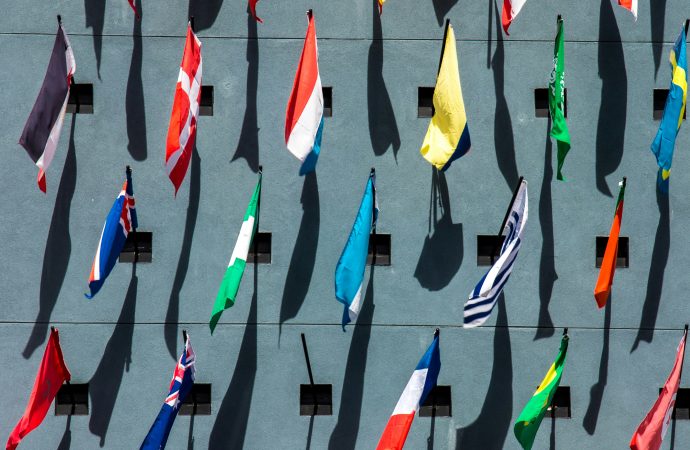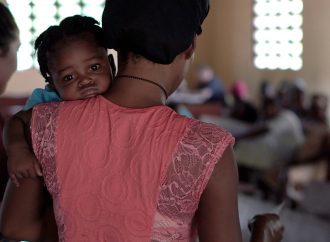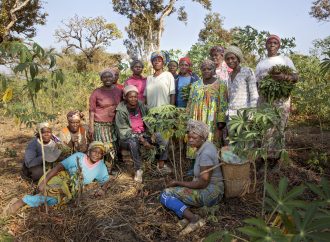Par Tom Axworthy, John Monahan et Natalie Brender Publié dans le Globe and Mail, 20 décembre 2011. As Canada’s focus on Libya shifts from the drama of regime change to the challenges of peace building and reconstruction, could the expertise of Libyan-Canadians be useful to the design and execution of Canada’s efforts in that country?
Par Tom Axworthy, John Monahan et Natalie Brender
Publié dans le Globe and Mail, 20 décembre 2011.
As Canada’s focus on Libya shifts from the drama of regime change to the challenges of peace building and reconstruction, could the expertise of Libyan-Canadians be useful to the design and execution of Canada’s efforts in that country? And could diaspora communities contribute to addressing other challenges currently facing Canada’s foreign policy-makers, such as the famine in East Africa, impediments to nation-building in Afghanistan or the armed conflicts along the border between the two Sudans? If so, are federal departments and NGOs well prepared to solicit and use such expertise?
As arguably the most diverse and pluralistic country on Earth, Canada is better equipped than most of its Western allies to engage its citizens in helping determine the direction and content of its foreign policy. Yet this country’s record of drawing on the expertise of its diaspora groups to the benefit of its foreign-policy decision-making is not as impressive as it could or should be. In comparison to some other Western countries (such as Britain and the Netherlands) whose governments and NGOs have long-standing programs to draw on diaspora expertise and assets when developing responses to international development and peace-building challenges, Canada’s approach has been both sporadic and piecemeal. This is decidedly to our collective loss….
Lire la suite de cet article sur le site web du Globe and Mail.










